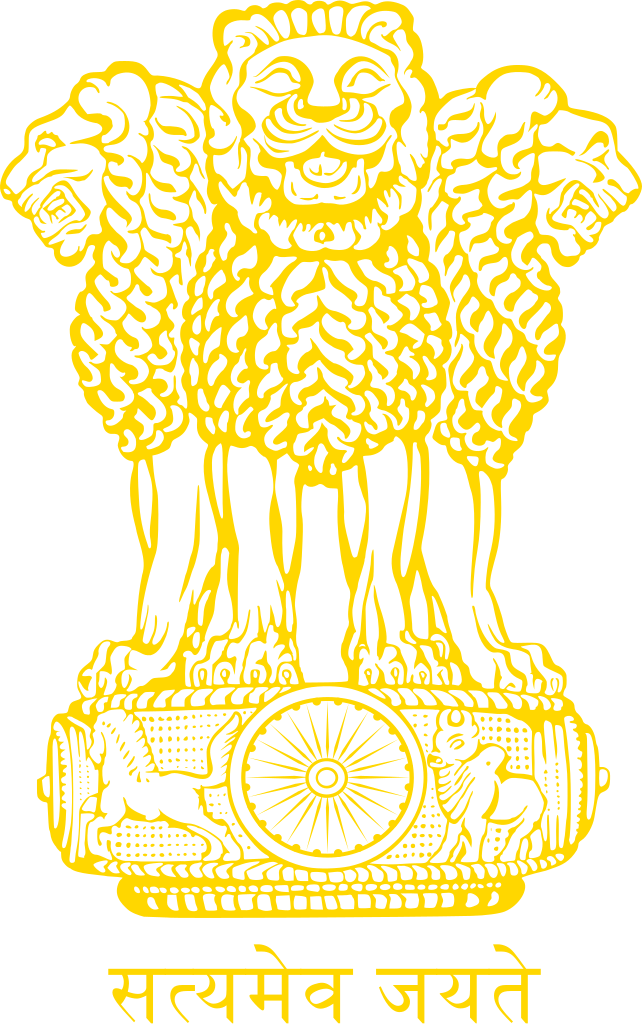Discover the Foundation of Our Nation - The Constitution
Empower yourself with knowledge, inspired by the vision of Dr. B.R. Ambedkar

Empower yourself with knowledge, inspired by the vision of Dr. B.R. Ambedkar

The Indian Constitution is the supreme law of India, laying the foundation for the country's governance. Enacted on January 26, 1950, it is the longest written constitution of any sovereign nation. Drafted under the leadership of Dr. B.R. Ambedkar, it represents the guiding principles of democracy, justice, equality, and liberty for all citizens.
With its profound vision, the Constitution of India guarantees fundamental rights to every individual and sets forth the structure, powers, and duties of various government bodies.
Learn More...or
Watch the video below to understand the Constitution better:
The Constitution of India is not just a legal document; it is the foundation of our democracy and the protector of our rights. Understanding it is essential for every citizen to exercise their rights, fulfill their duties, and participate in the democratic process effectively.

Learn about your fundamental rights and how the Constitution protects your freedom, equality, and justice.

Understanding your duties under the Constitution helps you contribute positively to society.

Knowing the Constitution empowers you to make better decisions in voting, civic engagement, and upholding justice.
Article 14: Equality before Law
Article 14 of the Indian Constitution guarantees that every individual is equal before the law and is entitled to equal protection under the law. This means:
This principle of equality is fundamental to ensuring justice and fairness in the legal system. It is designed to prevent discrimination and ensure that everyone receives the same treatment and opportunities under the law. By guaranteeing equal protection, Article 14 aims to uphold the dignity and rights of all individuals, promoting a just and equitable society.
If two people commit the same crime, they will be treated equally by the law, irrespective of their social status.
Article 19: Freedom of Speech
Article 19 of the Indian Constitution guarantees the fundamental right to freedom of speech and expression. This right is essential for the functioning of a democratic society. Here’s a simple breakdown:
Article 19 plays a crucial role in promoting open dialogue, democracy, and the exchange of ideas, while balancing individual freedoms with societal needs and public order.
You have the right to criticize the government, but inciting violence would be restricted.
Article 22: Protection Against Arrest and Detention in Certain Cases
Article 22 provides safeguards for individuals who are arrested or detained, ensuring their rights are protected. Here’s a simple breakdown:
Article 22 aims to protect individuals from arbitrary detention and ensure that their rights are upheld during the arrest and detention process.
If someone is arrested without being told why, they can challenge their arrest. Arbitrary detention is not allowed under this article.
Article 32: Right to Constitutional Remedies
Article 32 provides citizens with the right to approach the Supreme Court to enforce their fundamental rights. Here’s a simple breakdown:
Article 32 plays a crucial role in safeguarding the rights of citizens and maintaining the rule of law by providing an avenue for judicial intervention and protection.
If your freedom of speech is unlawfully restricted, you can file a petition in the Supreme Court to restore your rights.
Article 51A: Fundamental Duties
Article 51A outlines the fundamental duties of every Indian citizen, emphasizing moral and civic responsibilities. Here’s a simple breakdown:
Article 51A serves as a reminder of the moral and civic duties that complement the fundamental rights provided to citizens. It aims to foster a sense of responsibility and encourage active participation in nation-building.
As a citizen, you are expected to abide by the law and respect national symbols.
Test your knowledge with an interactive quiz about the Constitution.
Match pairs of cards with constitutional concepts to improve your memory.
Answer trivia questions about constitutional articles and their significance.
Quiz Game
Memory Pair Game
Match the Pair Game
Drag the statements on the left side to the correct article on the right side. If you make a mistake, try again!
The Constitution of India is the supreme law of India. It lays down the framework for the political principles, procedures, and powers of government institutions.
Learning about the Constitution helps you understand your rights, responsibilities, and how the government functions. It's important for every citizen.
The Preamble is an introductory statement in the Constitution that outlines the goals and values of the nation.
Amendments are changes or additions made to the Constitution. They help update the law to meet new needs and challenges as the country evolves.
Fundamental Rights are basic rights guaranteed to all citizens by the Constitution, like freedom of speech, equality, and the right to life.
You can explore articles, take quizzes, and use various features of the platform to learn about the Constitution in an easy and engaging way.